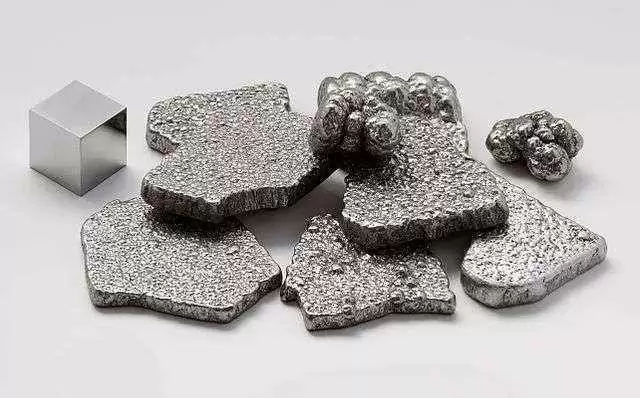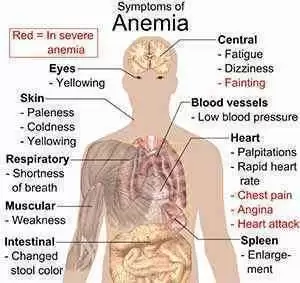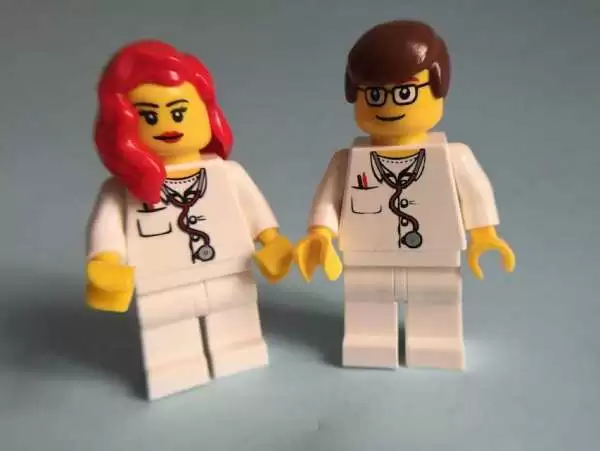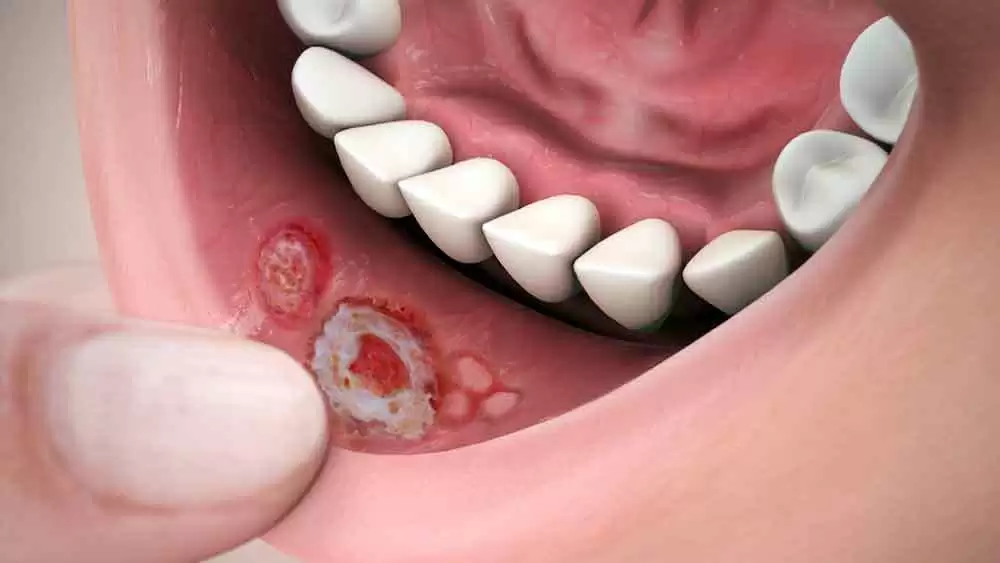
Celiac.com 07/16/2020 - Iron deficiency is sometimes considered the most common sign of untreated celiac disease (1) so it may be surprising to learn that iron overload can also signal the presence of untreated celiac disease. I recently spoke at a support group in Comox, B.C. A member of the audience approached me afterward asking whether there is a link between celiac disease and hemochromatosis (iron overload). He has hemochromatosis, which is a genetic condition in which so much iron is stored in the body that it becomes toxic to organs such as the liver and kidneys. He also has celiac disease. In his case, a gluten-free diet seems to reduce his iron absorption which has led him to suspect that intestinal inflammation played a role in his excessive absorption of iron. He recently stated: “I was diagnosed with hemochromatosis in 1980 and had phlebotomies regularly until 2005 when I began a gluten free diet. It was the sudden drop in my ferritin level after going gluten free that made me begin to relate the two conditions because of the co-incident timing.”
In my own experience where celiac disease and hemochromatosis have struck the same person, the opposite seems to happen. These patients only develop iron overload after their celiac disease has been diagnosed and they have adopted a gluten-free diet. However, when I began to search through the literature, I discovered that the gentleman in Comox is not alone.
Celiac.com Sponsor (A12):
Geier et. al. reported in World Journal of Gastroenterology, that their 65 year old female patient, who was previously treated for almost ten years with regular phlebotomies (blood lettings) to dispose of excess iron (2) had developed celiac disease. The lady in question did eventually become anemic due to celiac disease. However, if one accepts the notion that celiac disease is a life-long illness, her celiac disease and hemochromatosis coexisted for many years, and her iron overload occurred in the context of untreated celiac disease.
The authors of this paper argue that the intestinal damage caused by untreated celiac disease works against iron overload to establish something of a balance in iron metabolism that masks celiac disease. While this may or may not be true in some cases, it does not appear to apply to the case these authors offer as support for their argument. After all, for almost ten years, this patient underwent regular blood lettings to divest herself of excess iron. Since her celiac disease was undiagnosed and untreated during this same period this patient’s history may well suggest support for the notion that gluten ingestion may, in the context of hemochromatosis, somehow induce increased iron absorption. As this patent’s intestinal damage worsened, she eventually reached a point where she lost the capacity to absorb excessive, even adequate quantities of iron. However, during the years leading up to this stage, she was clearly absorbing and retaining too much iron.
Since most intestinal damage, in the context of celiac disease, is to the region where most iron is absorbed, the issue may not be as simple as it appears. Geier and colleagues reported large shifts in the transport mechanisms that move iron across the intestinal barrier. The protein for absorbing ferrous iron (divalent metal transporter 1) was significantly reduced before beginning a gluten free diet but it rebounded quickly after treatment with the diet. It was not long before these proteins were more plentiful than is considered normal. Thus, the patient may soon have to undergo regular phlebotomies again. Understandably, the authors did not supply us with that information but it may provide data for a future publication.
On the other hand, perhaps this patient will be like the gentleman I met in Comox. She, too, may be able to avoid phlebotomies if she carefully follows her gluten-free diet. Only time will tell. And it might prove very valuable to other celiacs if the authors publish this information in a follow-up article.
Sources:
- Freeman, Hugh James. “Hepatobiliary and pancreatic disorders in celiac disease” World J Gastroenterol 2006 March 14;12(10):1503-1508
- Geier A, Gartung C, Theurl I, Weiss G, Lammert F, Dietrich C, Weiskirchen R, Zoller H, Hermanns B, Matem S. “Occult celiac disease prevents penetrance of hemochromatosis” World J Gastroenterology 2005;11(21): 3323-3326









Recommended Comments
Create an account or sign in to comment
You need to be a member in order to leave a comment
Create an account
Sign up for a new account in our community. It's easy!
Register a new accountSign in
Already have an account? Sign in here.
Sign In Now